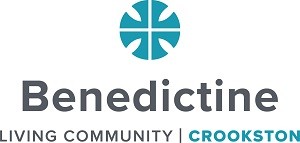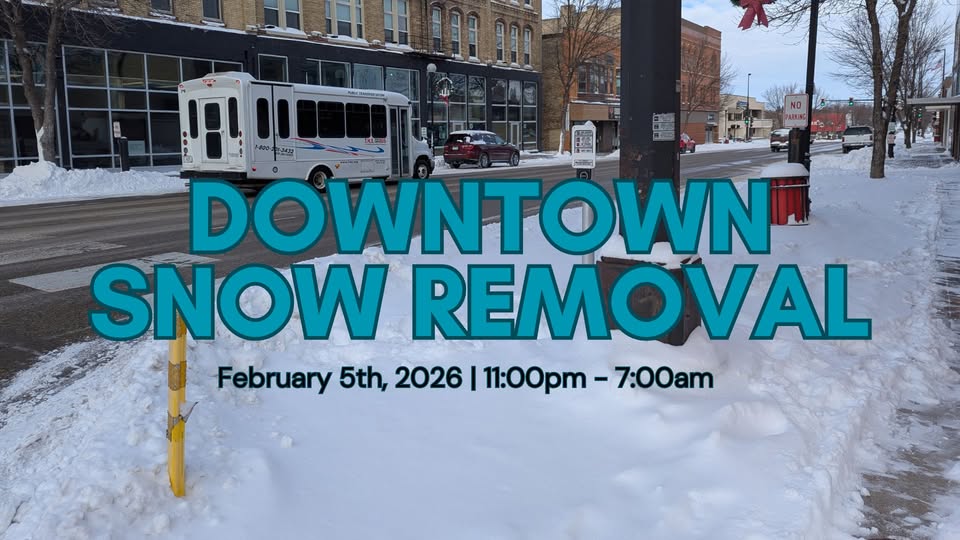June is Alzheimer’s and Brain Awareness Month; an opportunity to look at the growing prevalence of dementia among older adults, signs to look for, and resources available to help.
According to the 2021 Alzheimer’s Disease Facts and Figures report, more than 6 million Americans are living with Alzheimer’s disease today. Alzheimer’s disease in one form of dementia, yet the most common. It is a leading cause of death in the United States. The number of Americans living with Alzheimer’s is projected to reach nearly 13 million by 2050.
What is Dementia?
Dementia is a brain and memory disorder that seriously affects a person’s lifestyle and behavior, including difficulty doing familiar tasks such as cooking, driving and paying bills on time. There may be a change in personality, problems with language or forgetting common words, disorientation, or frequently getting lost.
It involves the part of the brain that controls thought, memory and language. The disease usually begins after age 60 and is progressive and degenerative. Risk goes up with age, and nearly half of those over 85 have symptoms. However, researchers remind us that AD isn’t a normal part of aging. Scientists have discovered that in people with AD, nerve cells die in the areas of the brain relating to memory, which affects cognitive functioning and lowers levels of the chemicals that carry messages back and forth between nerve cells. Research hasn’t fully disclosed the causes of AD. Couples often cover for one another, and when family members visit loved ones only on holidays and special occasions, it’s easy to miss the changes.
Knowing What to Look for:
Signs to watch for in your loved one that may indicate cognitive changes include:
- Problems with walking, talking, eating, dressing, and managing medications
- Unkempt appearance
- Changes in bathing or grooming
- Stacks of mail or unpaid bills lying around
- Changes in or loss of appetite
- Lack of interest in friends or activities
- Curtains drawn all the time
- Loss of reasoning skills or short-term memory
- Forgetting how to do simple things
- Depression
- Abuse of alcohol
- Wandering
- Incontinence
- Sleeplessness
Experts suggest you seek help, but not jump to conclusions. If several of these things are going on with your loved one, consider making an appointment and talking with their doctor to see if medications or a medical condition could be causing the unusual behavior. Cognitive changes may also be caused by stress, depression, nutritional deficiencies, Parkinson’s disease or other conditions. When help is clearly needed, go with your loved one to seek a professional evaluation.
Resources Available:
For those in need of dementia and Alzheimer’s care, Benedictine Living Community-Crookston (formerly Villa St. Vincent) offers services and specialties in the Extended Skilled Nursing Area and in the Memory Care Unit designed to meet resident needs and ensure individuals can continue to live full and meaningful lives.
Alzheimer’s disease, dementia, and other dementia related impairments often rob individuals of meaningful participation in preferred activities and limit their ability to do basic daily functions independently. Benedictine focuses on the individual’s unique abilities and what is meaningful to them, and then adjusts their approaches to support residents in their daily activities.
Because high-quality dementia care training can lead to an improvement in communication between caregivers and individuals living with dementia, every employee also receives basic training in dementia programing and best practices for communication with those who are experiencing cognitive decline. In addition, each resident is screened upon admission to determine if further evaluation and assessment needs to be completed to determine if a dementia-specific care plan is appropriate as part of their plan of care, or if special protocols or practices can be put into place to help residents achieve tasks successfully. To learn more, visit www.benedictinecrookston.org, or call 218-281-19712.
Further information is available online at:
alzheimers.org – Alzheimer’s Disease Education & Referral (ADEAR) Center
alzfdn.org – Alzheimer’s Foundation of America
alfa.org – Assisted Living Federation of America
benedictineliving.org – Benedictine Senior Living and Heath Care Services
seniorresource.com – The “E-cyclopedia” of housing options and information for retirement, finance, insurance and care




